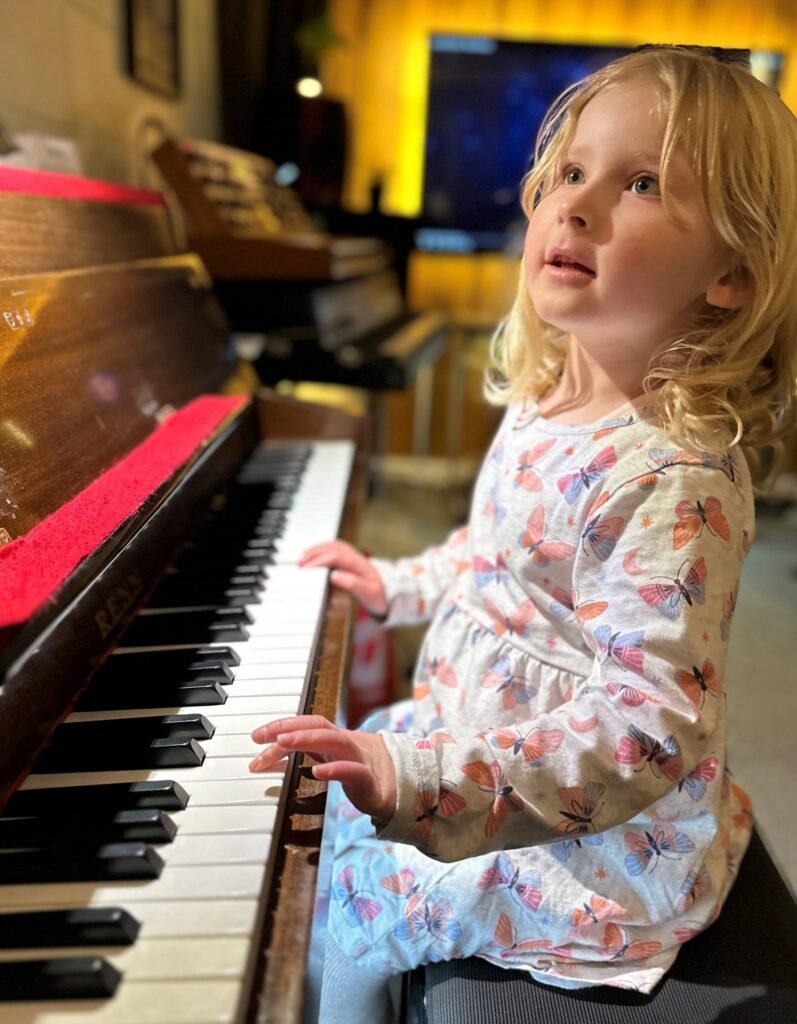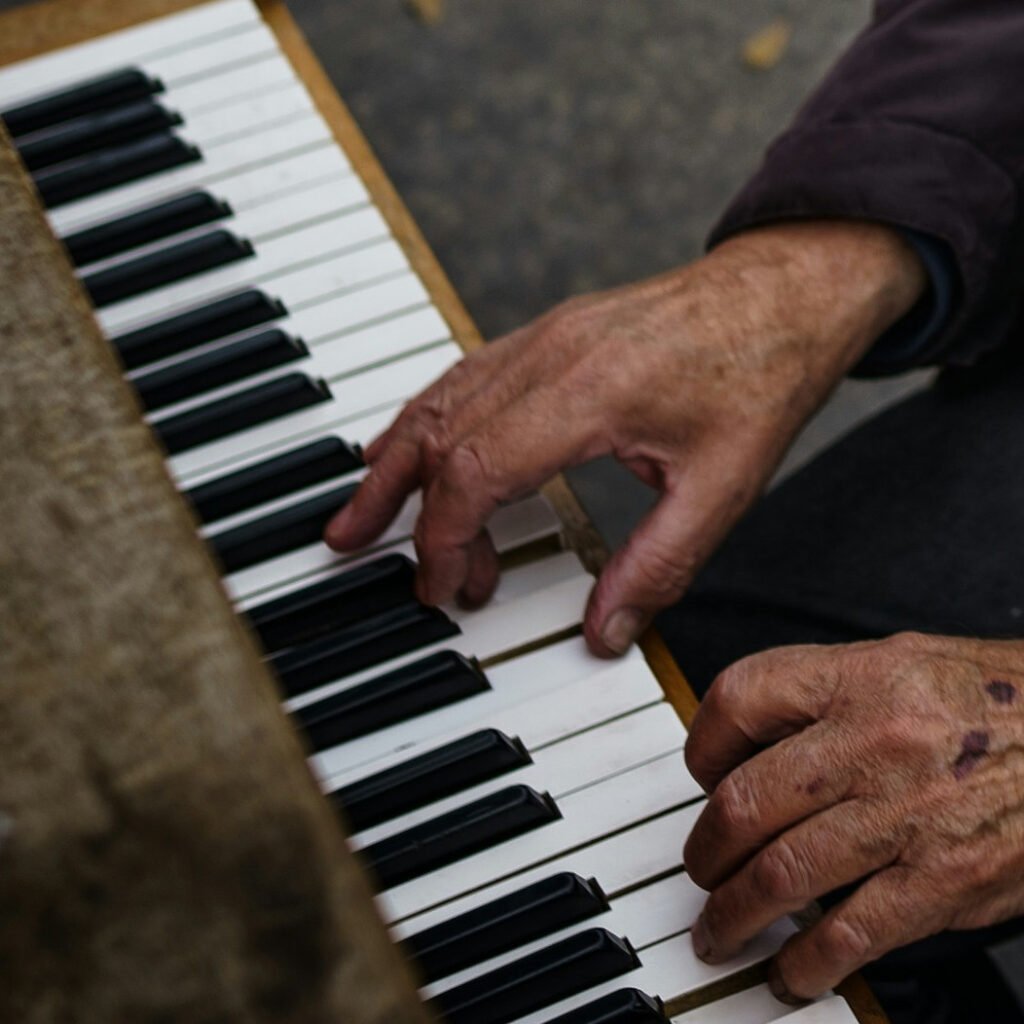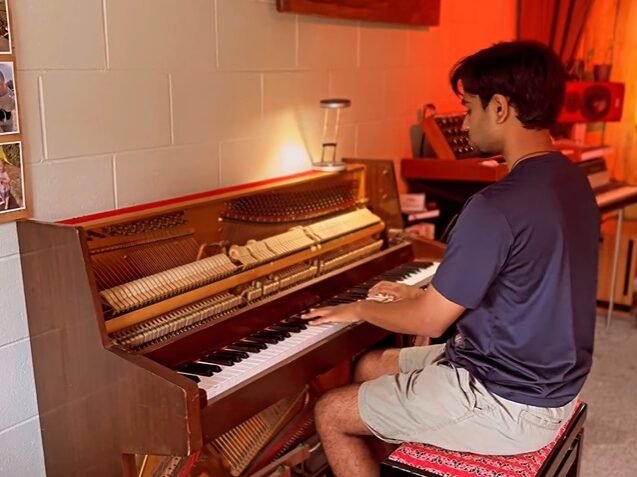The best piano to start learning is one that fits your budget, space, and personal music goals. It should balance sound quality, features, and price, offering learners an engaging experience. Choosing the right instrument is crucial for developing skills and enjoying your musical journey.
- What is the best piano to start learning on as a beginner?
- How much should I spend on my first piano?
- What features should I look for in a beginner piano?
- Are digital pianos suitable for children?
- What is the difference between digital and acoustic pianos?
- Is it necessary to have a piano teacher when starting out?
- What maintenance does a digital piano require?
- Can I start learning piano if I live in a small apartment in Auckland?
When embarking on the music-learning journey, especially with the piano, choosing the right instrument can make all the difference. For beginners, selecting the best piano to start learning is critical as it sets the foundation for a successful and enjoyable experience. Whether you’re aiming to master classical pieces or just play for leisure, finding a piano that suits your needs is essential.
Understanding Your Options
There are several types of pianos available, each with its unique benefits. Upright pianos offer a classic option with rich sound and aesthetic appeal, while digital pianos provide versatility and features like volume control and headphone adaptation. Knowing the characteristics of each can guide you toward the most suitable choice for your learning path.
Considering Your Needs
Before making a decision, assess your personal requirements. Consider factors like space availability, budget, and the intended use of the piano. A digital piano might be more appropriate for those with limited space or those who prefer portability and additional features. In contrast, an acoustic piano could be the best choice for individuals prioritising traditional sound quality.
Making An Informed Decision
Being informed is crucial to ensure you select the right piano. Research thoroughly, consult with music professionals, and if possible, try out different models. Businesses like Timothy William in Auckland, New Zealand, offer insights and guidance to help you decide on the best piano to start learning that matches your aspirations and circumstances.

Section 2: Types of Pianos for Beginners
When you embark on your musical journey, choosing the right type of piano is as crucial as the commitment to learning itself. The selection process can be daunting, given the multitude of options available. Therefore, understanding the distinctions between these instruments will guide you in making an informed decision. From traditional acoustic pianos to modern digital alternatives, each type presents unique benefits and potential drawbacks.
Acoustic Pianos
Acoustic pianos are often revered for their rich, authentic sound and dynamic range. In the realm of acoustics, there are two main types – upright pianos and grand pianos. Upright pianos are more compact, making them suitable for home use where space might be a constraint. They offer excellent sound quality and are generally more affordable than grand pianos. On the other hand, grand pianos, with their horizontal frame and longer strings, produce a fuller sound and are preferred for professional performances. Despite their superior sound quality, the size and cost of grand pianos can be prohibitive for beginners.
Digital Pianos
Digital pianos have gained popularity among beginners due to their versatility and practicality. They are equipped with features like volume control, headphone compatibility, and the capability to emulate various instrument sounds. Their lightweight, portable design makes them ideal for those who need an easily movable instrument. Moreover, digital pianos often come with built-in learning tools and can connect to music apps, enhancing the learning experience. However, while most digital pianos aim to replicate the feel of an acoustic piano, some pianists prefer the tactile feedback and acoustic resonance of a traditional piano.
Keyboard Arrangers
Another option for beginners is the keyboard arranger, a type of digital keyboard designed to assist in composing and creating music. These instruments often feature an array of sounds and backing accompaniment, making them particularly engaging for beginners interested in more than just playing existing pieces. While keyboard arrangers provide an exciting and interactive way to learn, they may not fully mimic the feel of an acoustic piano, which can be a consideration if transitioning to an acoustic piano later. They are generally more affordable, which is advantageous for those not ready to invest heavily at the onset.
Ultimately, the best piano to start learning will depend on personal preferences, budget, and space availability. Each type offers distinctive benefits and potential limitations, making it essential to align your choice with your long-term musical aspirations and practical circumstances.

Practical Tips for Choosing Your First Piano
Having explored the types of pianos ideal for beginners, you’re well-equipped to understand their features. Now, let’s delve into practical advice that will guide you in making the best choice for your needs.
Set Your Budget
Before embarking on your piano search, it’s crucial to define a budget. Pianos can range from a few hundred to several thousand dollars, and knowing your financial limits will streamline the selection process. Keep in mind that a higher price does not always equate to better quality, especially for beginners. Focus on finding a piano that offers the essential features you need without unnecessary extras.
Consider Your Space
The size and type of piano you choose will depend greatly on the space you have available. Acoustic pianos, though offering superior sound, are typically much larger and may dominate a small room. Digital pianos are more compact and yet can still provide a satisfactory sound experience for learners. Ensure you have measured your space and considered factors such as acoustics and aesthetics when deciding which piano to bring home.
Test Before You Buy
Testing a piano before purchase is an invaluable step. Visit different music stores in Auckland to try various models. Pay attention to the touch and feel of the keys, the quality of sound, and the response of the instrument. This hands-on experience will help you understand what to expect and ensure a more satisfying ownership. Don’t hesitate to bring along a friend or instructor for additional insights.
Think About Portability
If you envisage moving your piano frequently, portability is a key consideration. Digital pianos tend to be lighter and easier to transport, whereas acoustic pianos are best left stationary. Consider how often you will need to relocate the piano, either within your home or as you move houses, before making a decision.
Armed with these practical tips, you’re better prepared to start your musical journey. In the next section, we will delve into what makes Timothy William a top choice for those seeking the best piano to start learning in Auckland, with insights into expertise and offerings.
Why Choose Timothy William for Learning Piano as a Beginner
When embarking on the journey of learning piano, choosing the right instructor is as crucial as selecting the best piano to start learning. In the bustling musical landscape of Auckland, New Zealand, Timothy William stands out as an exceptional piano teacher for beginners, thanks to a blend of local expertise, specialised skills, and a commitment to nurturing budding musicians.
Experienced Local Experts
Being firmly rooted in Auckland, Timothy William not only offers the benefit of expert piano instruction but also a deep understanding of the local music scene. His approach is tailored to cater to both the cultural and educational needs of his students, ensuring a personal touch that enhances the learning experience. This local advantage means that he is always accessible for lessons and provides flexible, customised learning paths best suited to individual needs.
What Sets Us Apart
Several aspects set Timothy William apart from other piano teachers. First and foremost is his dedication to ensuring that each student not only learns to play but also enjoys the process. Using a motivational approach, he inspires confidence, fostering a passion for music that lasts a lifetime. Furthermore, his crafted lessons focus on the personalized development of each student, incorporating a variety of musical genres to maintain engagement and foster a well-rounded skill set. With such a reputation for quality, there is little wonder that many budding pianists in Auckland choose him as their starting point.
Another compelling reason to select Timothy for your journey into the world of music is his sterling reputation. Feedback consistently highlights his professional yet friendly demeanor, making every session a constructive and enjoyable experience. Choosing Timothy William is about more than just learning piano; it’s about being part of a nurturing community dedicated to cultivating musical passion and talent.
Piano Lessons Auckland are easily accessible, providing ample opportunities for students at any level to develop their skills and confidence.
Having gained an insight into why Timothy William is a top choice for beginners, the subsequent section, ‘Frequently Asked Questions’, will address common inquiries about starting your piano journey, aimed at providing additional clarity and confidence.
Frequently Asked Questions
What is the best piano to start learning on as a beginner?
For beginners, digital pianos are often recommended due to their affordability, portability, and features such as volume control and headphone jacks that allow for quiet practice.
How much should I spend on my first piano?
It’s advisable to set a budget based on your long-term commitment to playing. For beginners, spending between $500 and $1,000 can get you a reliable digital piano with good sound quality and essential features.
What features should I look for in a beginner piano?
Key features include weighted keys to simulate an acoustic piano feel, a sustain pedal, and a range of tones and sounds. Also, consider models that offer connectivity features like USB or Bluetooth.
Are digital pianos suitable for children?
Yes, digital pianos can be ideal for children due to their smaller size and the ability to use headphones. This makes practice less intrusive for others in the home, and they often come with interactive apps that make learning fun.
What is the difference between digital and acoustic pianos?
Digital pianos use electronic sound technology and often come with various sounds and recording options, while acoustic pianos produce sound naturally through hammers and strings, offering a richer tone but requiring more space and maintenance.
Is it necessary to have a piano teacher when starting out?
While self-teaching resources are widely available, a teacher can offer structured guidance, correct bad habits early, and provide personalized feedback, accelerating the learning process.
What maintenance does a digital piano require?
Digital pianos require minimal maintenance compared to acoustic models. Routine dusting and ensuring it’s kept in a stable environment, free from moisture and temperature extremes, is often sufficient.
Can I start learning piano if I live in a small apartment in Auckland?
Absolutely! Digital pianos are compact and perfect for small spaces. Additionally, their ability to work with headphones makes them a perfect choice for apartment living, allowing practice without disturbing neighbours.




